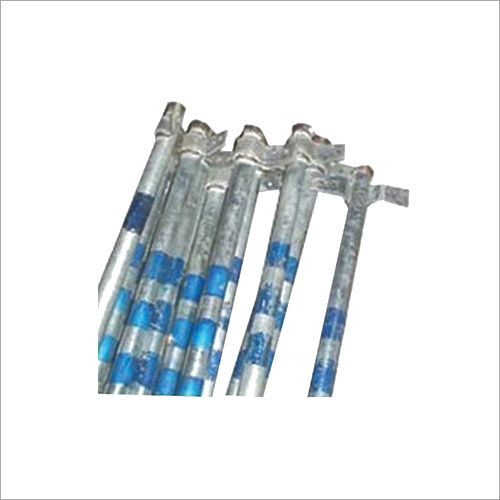Earthing Pipe
600.00 - 650.00 INR/Piece
Product Details:
- Application Earthing
- Frequency (MHz) 50 Hertz (HZ)
- Color Silver
- Click to View more
X
Earthing Pipe Price And Quantity
- 5000 Piece
- 600.00 - 650.00 INR/Piece
Earthing Pipe Product Specifications
- 50 Hertz (HZ)
- Silver
- Earthing
Earthing Pipe Trade Information
- 15000 Piece Per Month
- 2 Days
- All India
Tell us about your requirement

Price:
Quantity
Select Unit
- 50
- 100
- 200
- 250
- 500
- 1000+
Additional detail
+91
Email
MG Industries
GST : 19AIUPD7069G1ZP
GST : 19AIUPD7069G1ZP
Chamrail Village, Near Mansa Devi Mandir,Howrah - 711114, West Bengal, India
Phone :08045813124
|
 |
MG INDUSTRIES
All Rights Reserved.(Terms of Use) Developed and Managed by Infocom Network Private Limited. |









